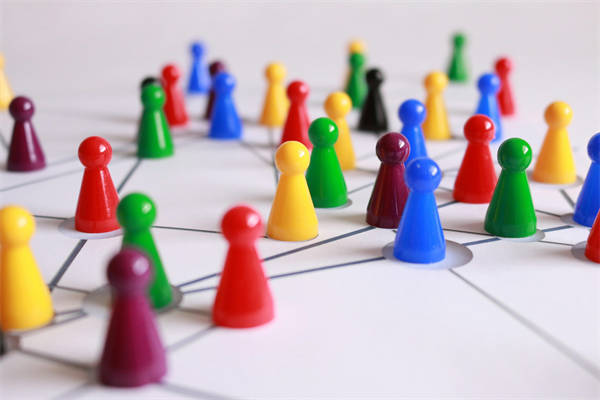Understanding Daily Activities in English: A Comprehensive Guide
.png)
Embarking on the journey of learning English often involves understanding common daily activities. Whether you're a beginner or looking to improve your conversational skills, knowing how to express what you do on a daily basis is essential. This guide delves into some frequently asked questions about daily activities in English, providing clear and informative answers to help you navigate this aspect of the language.
What are some common daily activities that are often used in English?
Common daily activities in English include eating, sleeping, working, studying, exercising, and socializing. These activities are fundamental to everyday life and are often used in both formal and informal contexts.
What is the English word for 'go to school'?
The English phrase for 'go to school' is 'go to school' or 'attend school.' This activity is a crucial part of many people's daily routines, and it's essential to know how to express it correctly in English. Whether you're talking about your own experience or describing someone else's, using the correct phrase is key to clear communication.
How do you say 'go to work' in English?
When expressing the activity of going to work in English, you would typically say 'go to work' or 'go to the office.' This phrase is used to describe the daily activity of commuting to a job or workplace. It's a fundamental part of professional life and is often included in discussions about daily schedules and routines.
What is the English equivalent of 'watch TV'?
The English equivalent of 'watch TV' is simply 'watch TV.' This activity is a popular pastime for many people around the world. It's a way to relax, unwind, and stay informed about current events or enjoy entertainment. Knowing how to express this in English is important for both social and conversational purposes.
How do you say 'take a shower' in English?
In English, 'take a shower' is the correct way to express the activity of showering. This is a basic daily hygiene routine that is essential for maintaining personal cleanliness. Understanding this phrase is important for both practical and conversational use, as it is often included in discussions about daily routines and personal care.


.png)

